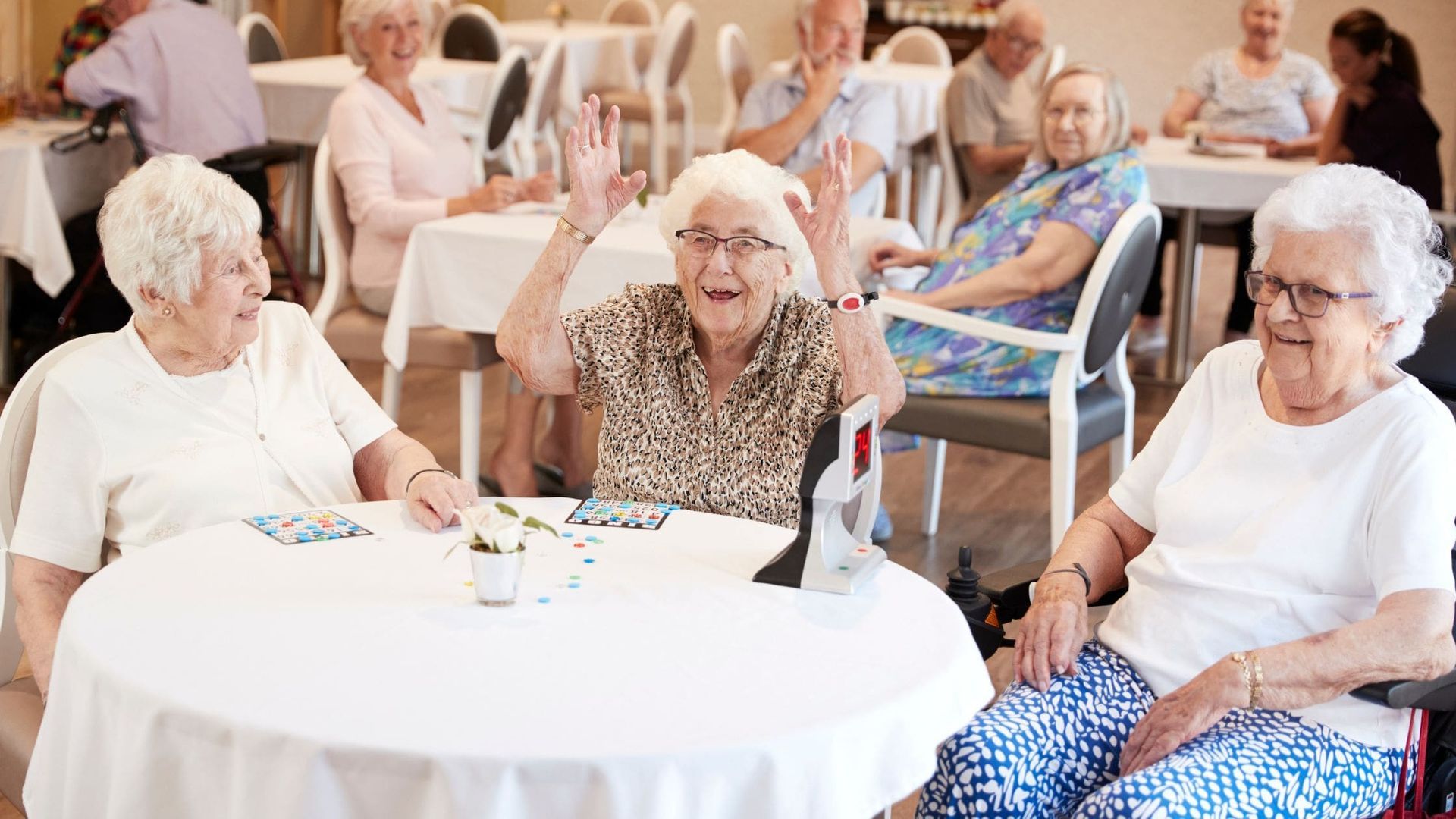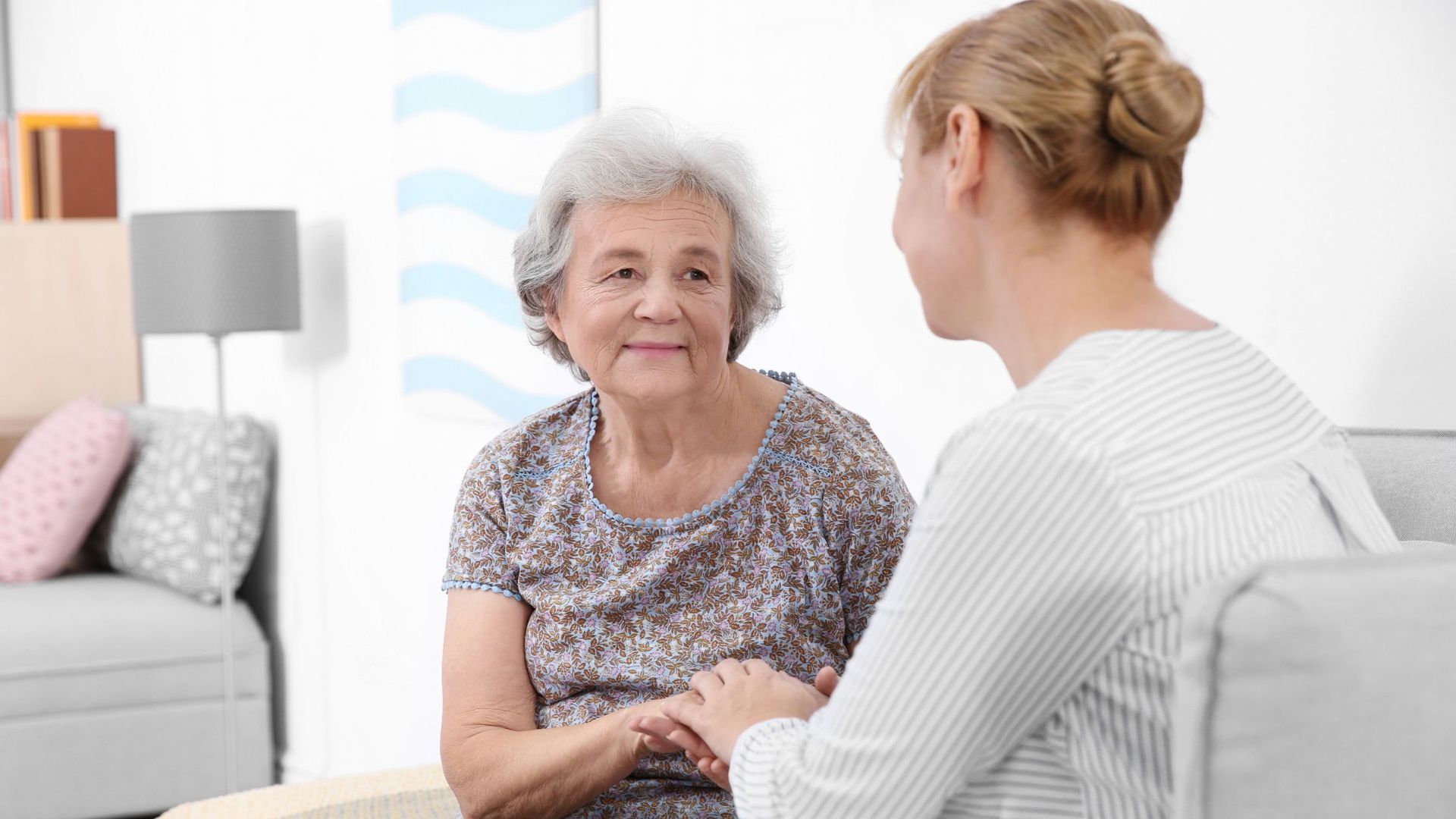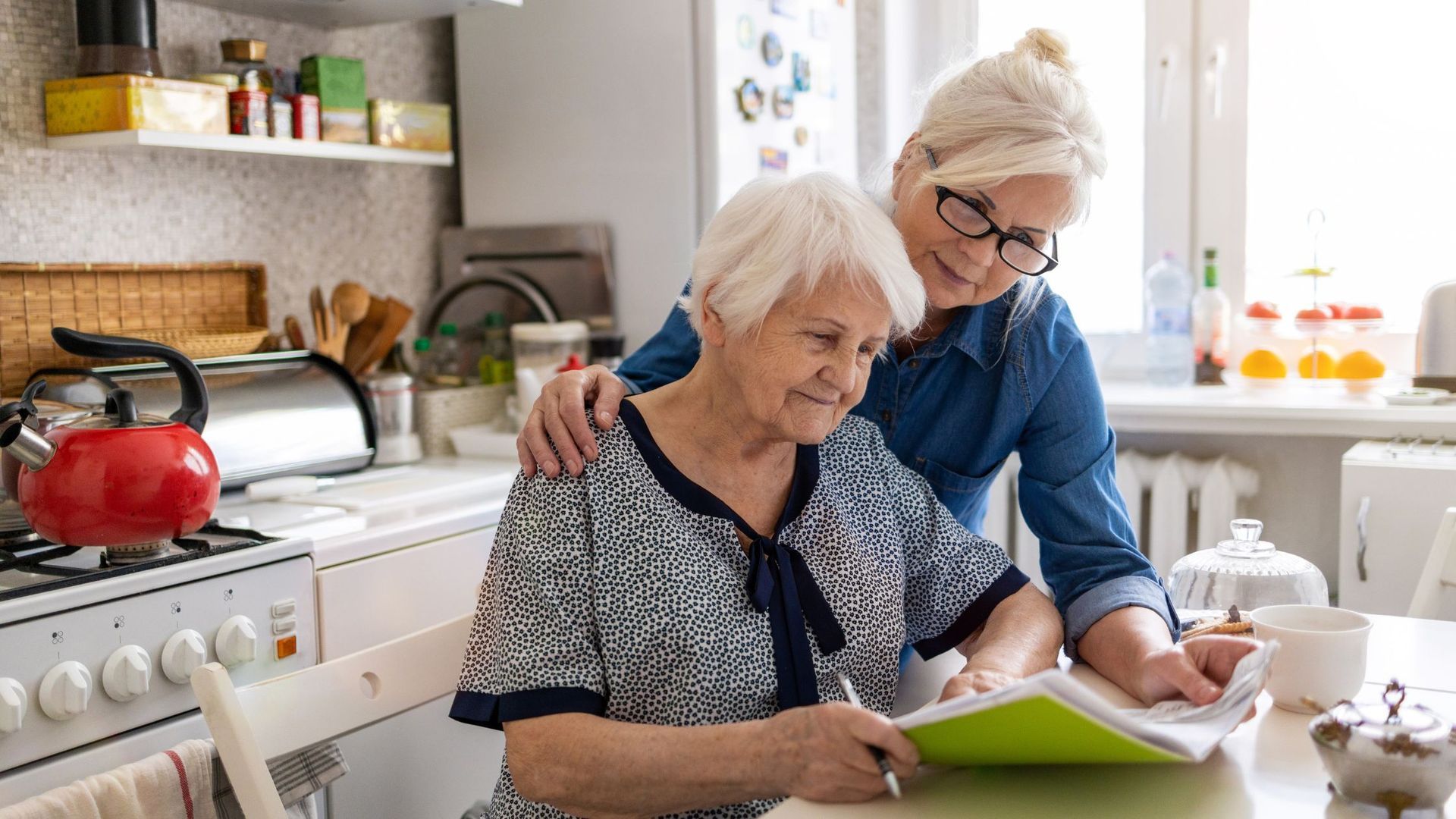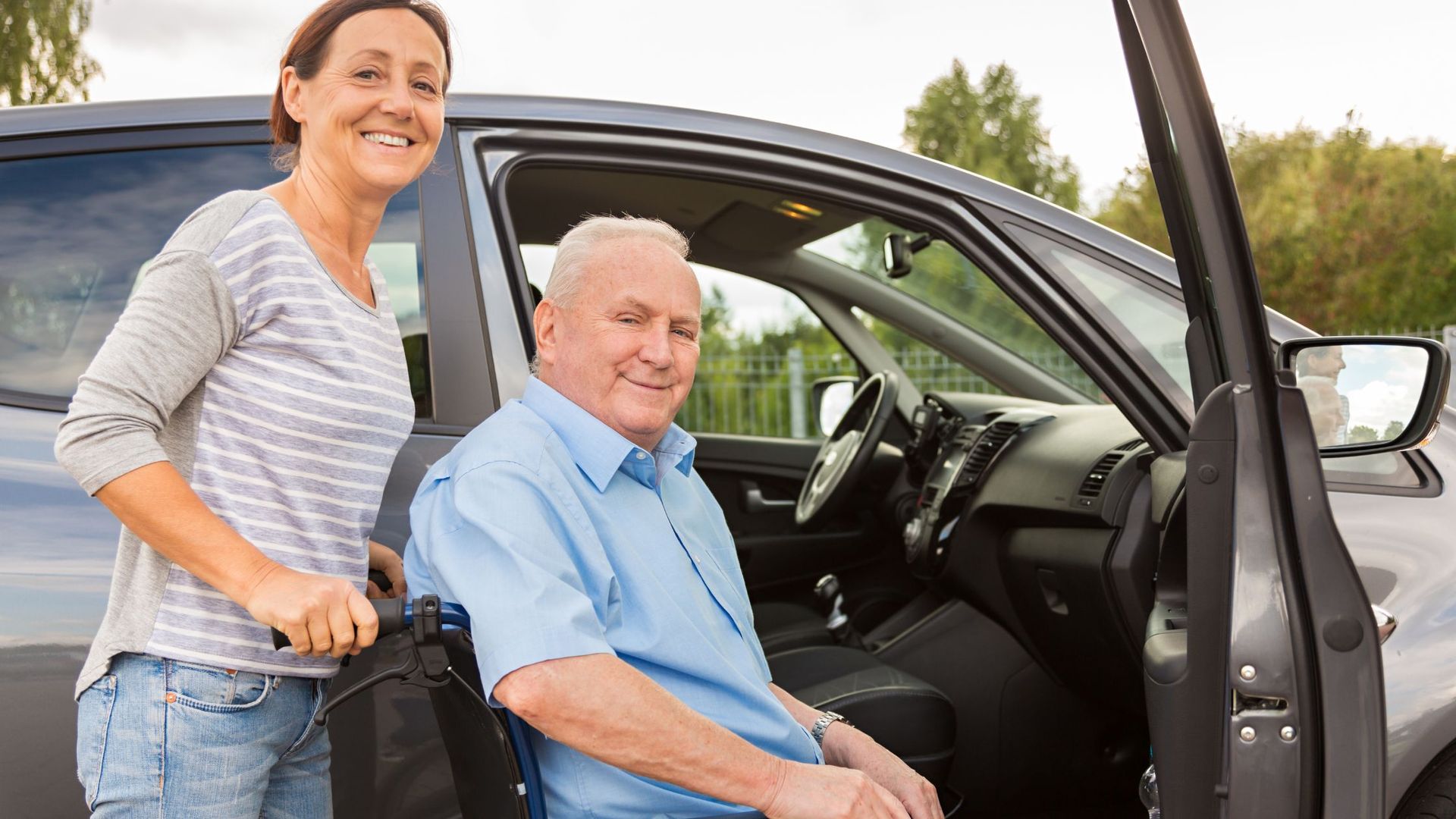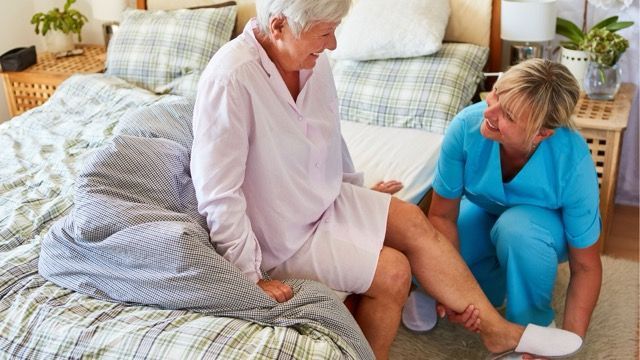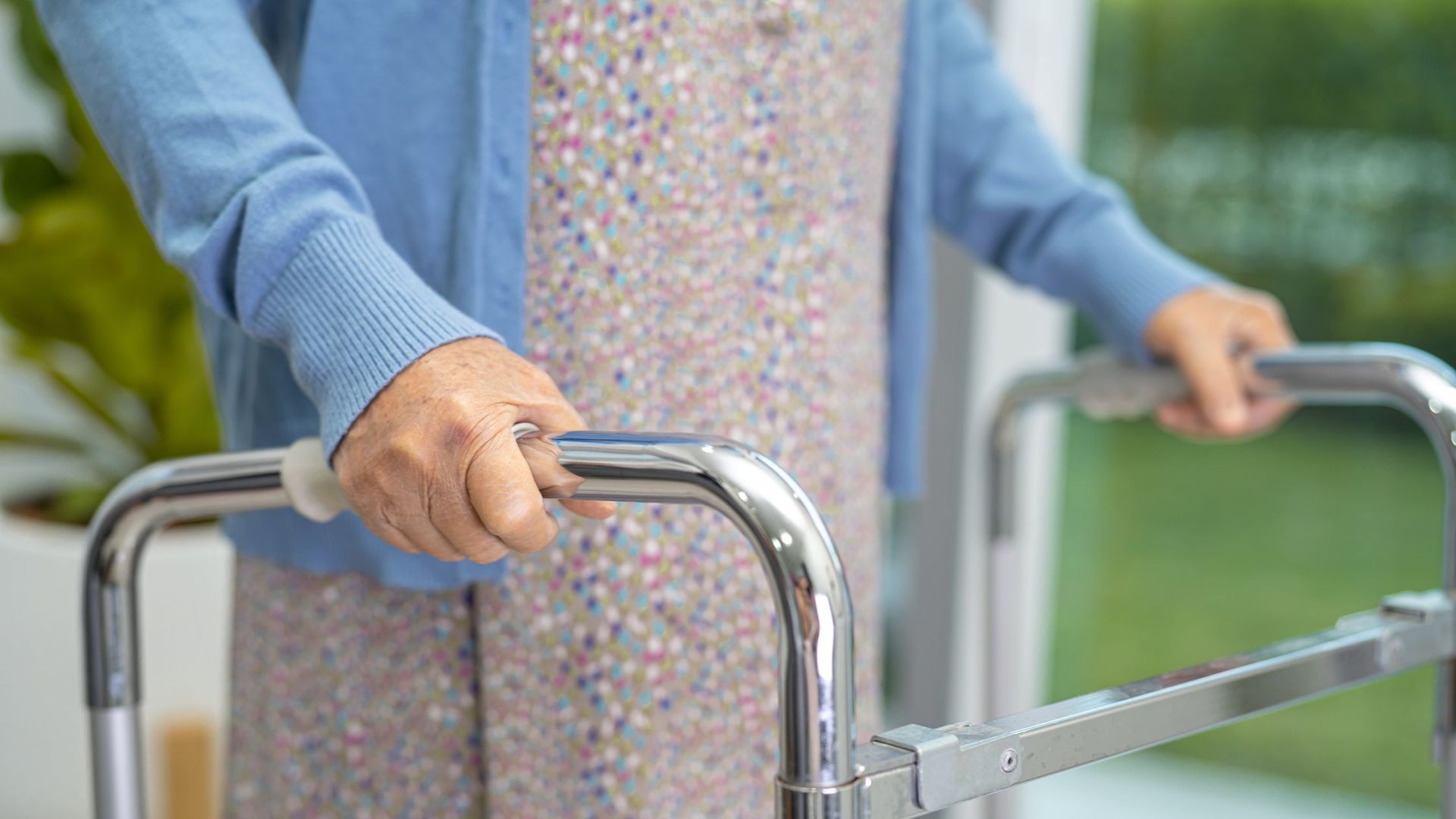3 Tips to Avoid Caregiver Burnout: Learning from Personal Mistakes
3 Tips to Avoid Caregiver Burnout: Learning from Personal Mistakes
Caregiving is an act of love, sacrifice, and immense strength. It’s a role that many of us step into with little warning, driven by the need to care for those we hold dear. My journey into caregiving began abruptly, as I found myself juggling responsibilities for my husband, children, pets, and a demanding career. Then, life threw an unexpected curveball: the health of my parents declined, and I was thrust into the role of their caregiver. This addition tipped the scales of my already packed schedule, leading me down a path where I made mistakes that nearly cost me my health, estranged me from my husband, and forced me to quit a job I dearly loved. Through this tumultuous period, I learned invaluable lessons on avoiding caregiver burnout, which I wish to share with you.
1. Set Boundaries and Ask for Help
One of the most critical lessons I learned is the importance of setting boundaries. In the early days, I tried to be everything for everyone, a one-person army marching on love and determination. However, this was neither sustainable nor healthy. I learned that setting boundaries didn’t mean I cared any less; it meant I was acknowledging my limits. Asking for help became a strength, not a weakness. Whether it was seeking assistance from other family members, exploring community resources, or hiring professional help, acknowledging that you can’t do it all alone is crucial. It’s essential to balance caregiving with personal time to recharge and attend to your own needs.
2. Prioritize Self-care
Self-care often becomes the first casualty in the caregiving battle. I neglected my health, skipping meals, forgoing exercise, and losing sleep, all in the name of caregiving. This neglect took a toll, manifesting in physical illness and emotional distress. I realized that taking care of myself wasn’t selfish; it was necessary. Simple acts of self-care, such as maintaining a healthy diet, getting regular exercise, and ensuring adequate sleep, became my lifelines. Prioritizing self-care helped me regain my strength and become a more effective caregiver.
3. Seek Support and Connect with Others
The isolation that often accompanies caregiving can be debilitating. I felt alone in my struggles, bearing the weight of my responsibilities in silence. It was only when I reached out and connected with others in similar situations that I realized the power of shared experiences. Support groups, both online and in-person, became a source of comfort and advice. Sharing my feelings, challenges, and successes with others who understood what I was going through was incredibly therapeutic. It helped me feel less isolated and provided practical advice and emotional support to navigate my caregiving journey.
Conclusion
My battle with caregiver burnout taught me that while caregiving is an act of love, it should not come at the expense of one’s health and well-being. By setting boundaries, prioritizing self-care, and seeking support, caregivers can navigate their responsibilities without losing themselves in the process. Remember, taking care of yourself is not just about your well-being; it’s about being in the best position to care for your loved ones. Let’s embrace these practices to ensure we can give the best of ourselves to those who need us most.

